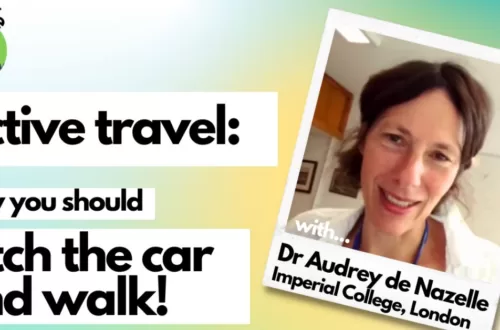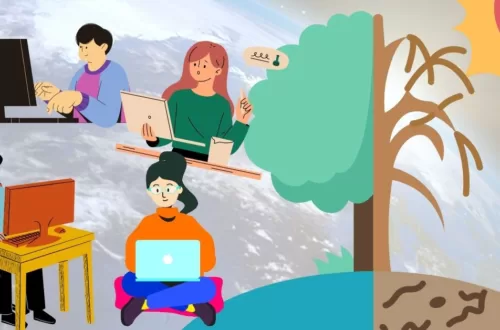
The scourge of tree removal in urban areas
The tenth post in the Climate Change Collective series takes a close look at the impact that tree removal in urban areas and disappearing green spaces is having on the planet, and on the wellbeing of those who live and work in our cities.
Krista from A Sustainably Simple Life has written this month’s post – How green spaces help our planet – and her fascinating insight into the benefits that green spaces can bring to urban life struck a real chord with me, especially in light of so much recent news in the UK concerning the cutting down of trees, not least in the city of Plymouth.
Earlier this year the council in Plymouth came under fire for cutting down 110 mature trees in the middle of the night – a move it said was in preparation for a major regeneration project. The ensuing scandal saw the council ousted at recent local elections, but its replacement is fairing little better, with its latest move seeing a number of trees being felled ‘to stop people having public sex.’
While sex-related excuses for tree felling are thankfully not commonplace across the UK, the phenomenon itself sadly is. We are losing trees across our urban landscapes at a startling rate, often in the name of regeneration, road expansion or health and safety. While the UK Government will claim it is committed to planting thousands of new trees in our cities, it is the loss of long established and even ancient trees that is so damaging.
However, there is hope. The often very public outrage from tree felling – played out on social media – can have serious political implications for decision makers wielding chainsaws. The continued campaigning of local people, supported by dedicated conservationists, celebrities and organisations such as The Woodland Trust, means that events like those happening in Plymouth can now expect very public, national exposure.
This shaming of councils, as we saw at May’s local elections, often directly impacts the decisions of the electorate as they come to put pen to paper at the ballot box. So, if the devastating impact on the local environment isn’t enough to make councillors and politicians take action, the possibility of losing power might just be.
Of course, it is so sad that the fate of our ancient trees can come down to the fragile egos of those in power, but if that is the case, then it is up to us to hold them all to account by making our feelings clear, as loudly – and legally – as we can.
As for whether the felling of trees directly correlates to a reduction in the amount of public-sex in Plymouth’s green spaces, I look forward to seeing how the council justifies any survey it deems necessary to prove its point.
The Climate Change Collective

Climate Change Collective is the brainchild of two superstar bloggers, Michelle from Boomer EcoCrusader and Jamie from Jamieadstories. The pair came up with the idea of asking bloggers to come together, to write and share posts on the theme of climate change.
Each month, members of the Collective take it in turns to post a unique and personal piece on the climate issues that concern and impact them, with other members then sharing it and furthering the conversation through their own blogs.
This isn’t cold, clinical news reporting on climate change, this is personal, relatable, passionate and considered content on climate issues that affect us all, and which we can all do something about.





2 Comments
A Sustainably Simple Life
110 mature trees cut down?! That is heartbreaking. You raise such an important point about our voices making a difference for our planet. Voting and letting those in government know our expectations of them with respects to the environment is an important part of slowing climate change.
Molly | Transatlantic Notes
It is maddening to read about these trees being cut down, and seemingly without local support so they did it secretly. I would hope that those in positions of power from now on consider the environmental impacts. Great post!